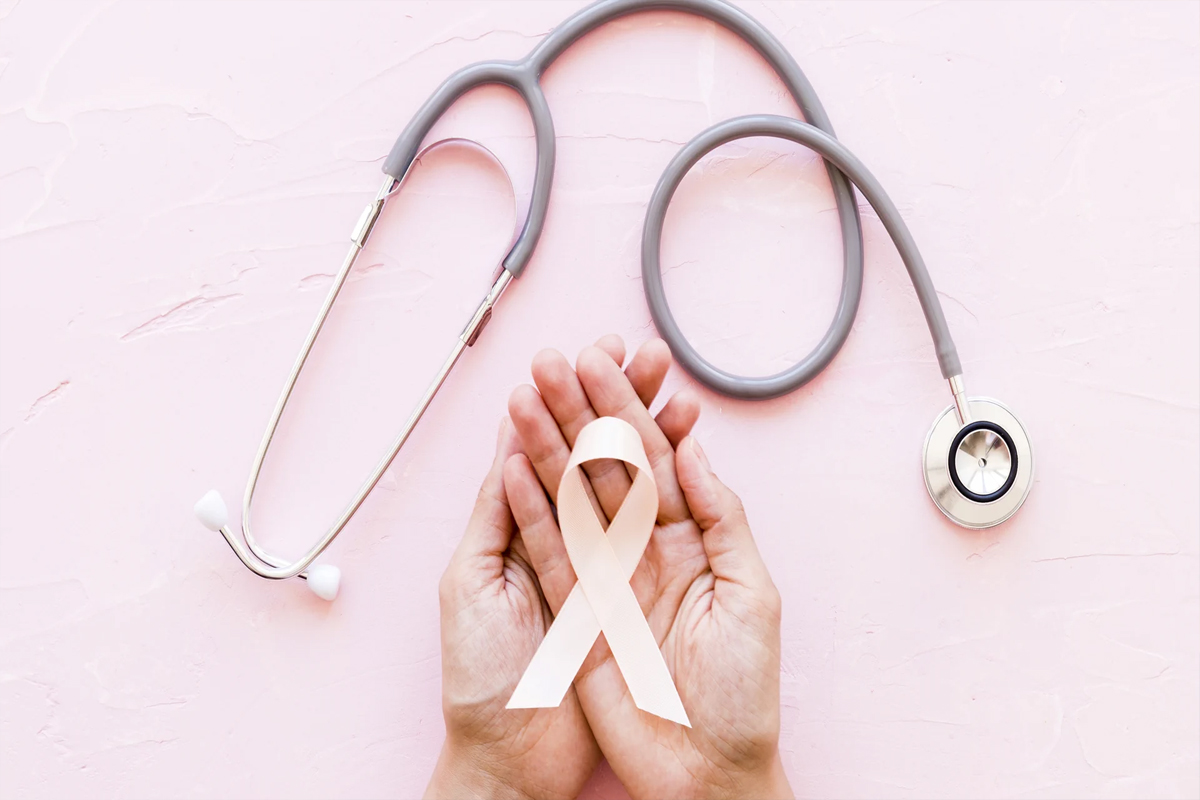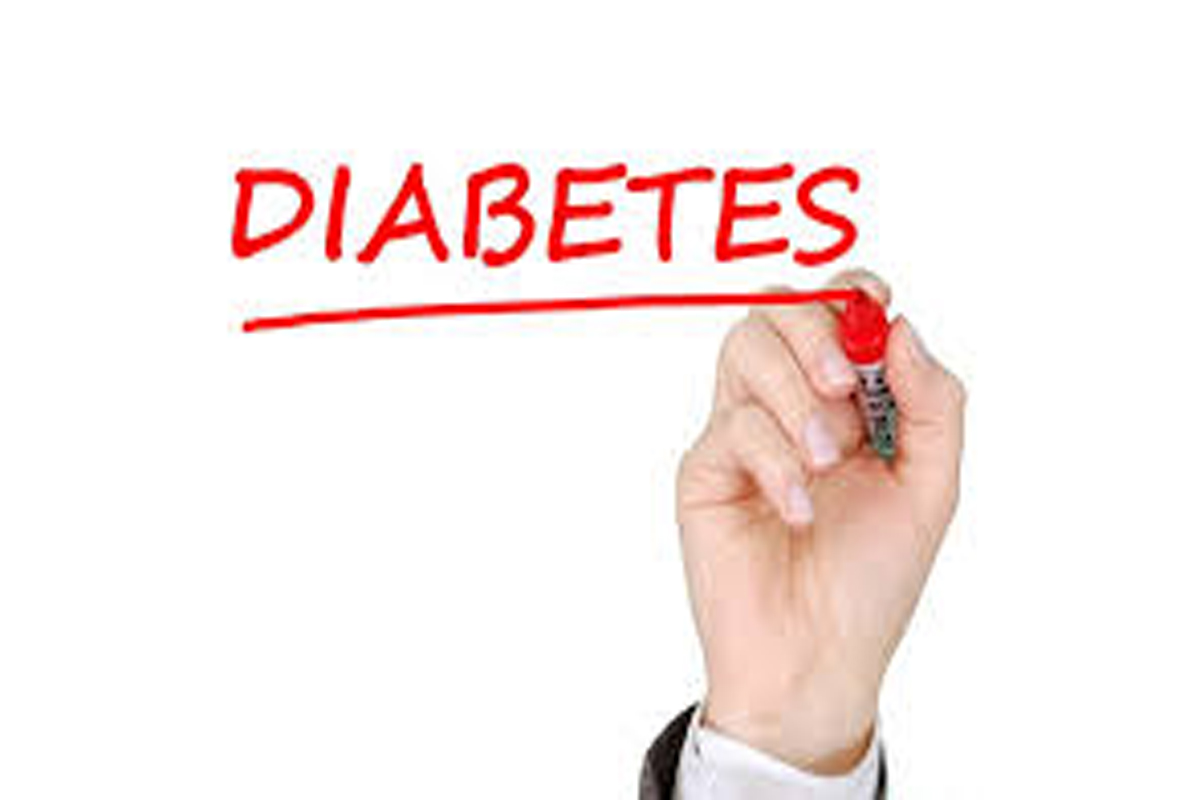
Breast Cancer in Younger Women: Rising Incidence and New Challenges
By Dr. Sumant Gupta in Medical Oncology
Oct 23, 2024
Breast cancer is traditionally associated with older women, but an alarming trend is emerging: a rising incidence of breast cancer in younger women, particularly those under 40. While breast cancer remains less common in this age group compared to older women, the increasing number of cases and the unique challenges faced by younger patients are drawing attention. This article explores the rising incidence of breast cancer in younger women, the distinct challenges they face, and the importance of early detection and awareness.
The Rising Incidence of Breast Cancer in Younger Women
In recent years, data has shown an upward trend in breast cancer diagnoses among women under 40. According to the American Cancer Society, while only about 5% of all breast cancer cases occur in women under 40, the increase in incidence within this age group is concerning. Several factors may contribute to this rise, including genetic predispositions, environmental exposures, lifestyle changes, and reproductive factors such as delayed childbearing.
One of the most significant risk factors for younger women is a genetic mutation, particularly in the BRCA1 and BRCA2 genes. Women with these mutations are at a much higher risk of developing breast cancer, often at a younger age. In addition, hormonal factors, such as early menstruation or late menopause, and lifestyle factors like diet, obesity, and alcohol consumption, may also play a role in this rising trend.
Unique Challenges Faced by Younger Women
Breast cancer in younger women presents unique physical, emotional, and social challenges that differentiate their experiences from those of older patients.
- Aggressiveness of Cancer: Breast cancer in younger women tends to be more aggressive, with higher-grade tumors and a greater likelihood of being triple-negative or HER2-positive. These subtypes are often more challenging to treat and have poorer prognoses than hormone receptor-positive breast cancers.
- Delayed Diagnosis: Younger women are less likely to undergo routine screening, such as mammograms, which are typically recommended starting at age 40 or 50. This lack of screening, combined with the assumption that younger women are at lower risk, can lead to delayed diagnoses. Additionally, younger women may not recognize the symptoms of breast cancer early on or may dismiss them as benign conditions.
- Impact on Fertility and Pregnancy: Many younger women are in their childbearing years when diagnosed with breast cancer. Treatment options, such as chemotherapy and radiation, can severely impact fertility. These women face difficult decisions about fertility preservation, such as egg or embryo freezing, before undergoing treatment. For women who are pregnant at the time of diagnosis, navigating treatment options while ensuring the safety of their unborn child is another significant challenge.
- Psychosocial and Emotional Impact: A breast cancer diagnosis at a young age can have profound emotional and psychological effects. Younger women often grapple with issues such as body image, relationships, and long-term survival, which can significantly impact their mental health. The pressures of balancing career, family, and treatment add further strain, often leading to feelings of isolation and anxiety.
- Recurrence and Long-Term Survival: Younger women are more likely to experience recurrence of breast cancer compared to older women. Even after successful treatment, the risk of the cancer returning remains a concern, requiring long-term monitoring and ongoing care.
The Importance of Early Detection and Awareness
For younger women, early detection of breast cancer is crucial to improving outcomes. Since routine screening is not typically recommended for women under 40, awareness of risk factors, family history, and potential symptoms becomes even more critical. Self-examinations, regular check-ups, and genetic counseling for those with a family history of breast cancer can all play important roles in early detection.
Advancements in treatment options, including targeted therapies and immunotherapy, are helping improve the survival rates for younger women with aggressive breast cancer subtypes. However, addressing the unique needs of this population requires a comprehensive approach that includes fertility preservation, mental health support, and personalized treatment plans.







